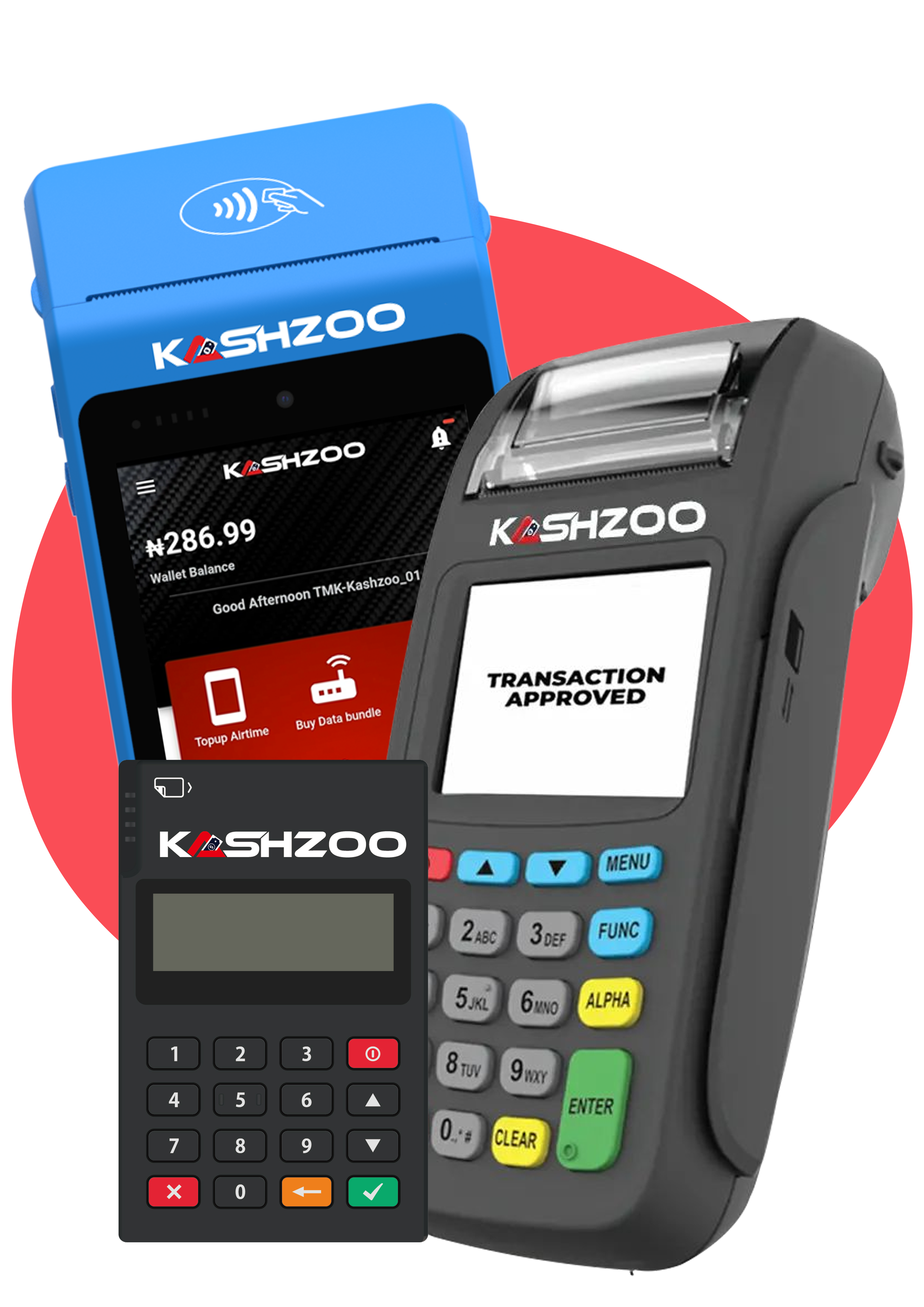Security and trust are the cornerstones of any business, especially in the banking system. Therefore, it is imperative to prioritise security in agency banking, which has not only gained ground in our society today but has also been widely accepted by most people as they find it an easier way to carry out banking transactions.
Serving as a bridge between the unbanked Nigerian populace and financial institutions, many have come to rely on agency banking for convenient daily banking transactions. However, with this convenience comes security risks. Hence, safeguarding security and trust is crucial to ensure safe transactions for the parties involved.
Security Risks in Agency Banking Transactions
The following risks are attendant risks in agency banking transactions, which should be carefully managed to ensure the safety of future transactions;
- Technical Risks: Reliance on technological tools for banking has its risks, and as such, technical issues such as the sudden breakdown of system and hardware, network failures, or cyberattacks can disrupt transactions.
- Fraud and theft: As you will read later in this article, fraudsters may target and defraud agents. Defrauding them of cash is not the only thing these fraudsters are capable of; they may also take over the agents’ accounts or steal their identities.
- Operational risks: The operator’s lack of proper and adequate training may lead to transaction errors, fraud, and technical glitches, which is not good for security in agency banking.
From our interactions with some POS operators, we were about to compile the following tactics used by fraudsters to defraud operators as well as customers;
“In April, a man came to take out #30,000. He said he transferred the money, but my sales girl didn’t get any notification, so she didn’t give him the money. He seemed rushed and claimed he lived nearby, so I gave him the money. But he never returned, and I never got any notification. That’s how I got scammed.” narrated Mrs Olusola.
“We keep getting scammed by different people using different methods. It’s like they develop new ways of scamming operators once their former methods ‘don cast’. For example, now, the new method is for them to tell you an amount, and then when you give them the machine to input their pin, they change it to a small amount. One beautiful woman approached me last week and said she wanted to withdraw #50,000. I punched in #51,000 on the machine, but when the woman was done inputting her pin, the amount had been reduced to #5,100. I didn’t say anything but gave her the #5000, and then she started protesting that she was debited 51k. But once I showed her the amount debited on the machine, she was mute and walked away.” Mrs Olusola added.
While narrating her second ordeal, she suddenly remembered how someone came to withdraw. She had gone inside her shop to unplug her phone because the man had insisted he couldn’t transfer to a microfinance bank. Unfortunately, before she returned, the man had made away with her two machines and a bag containing some cash. She blamed it on her carelessness.
Christianah, a young vendor on the same street, also said she had a similar encounter with a man who transferred to her and showed her the alert on his phone. She hesitated to give the cash to the man since she hadn’t received the alert but eventually gave it to him because they had been earlier informed on the agents’ group chat of a wrong network, and she hoped to get the alert later when the network was stable. Still, the alert of #15,000 never popped up.
Another operator, Mr Sunday, said an old man and a police officer traced a transaction to his shop sometime in January.
“The baba allowed someone to help him out at the ATM stand in the bank and had his first bank card switched. The perpetrator happened to use the card to withdraw 80k at my shop and 70k somewhere else. It was unfortunate because there was nothing I could do to help him.”
To prevent stories like the above from happening often, POS operators should adopt the following strategies;
- Verify the transactions: Before releasing cash to customers, operators should always verify the transactions, ensuring that payments are successfully made and received before completing the transactions. Should the customer insist they have successfully sent the money when operators have yet to receive it, feel free to call the super agents or service providers to confirm the transaction.
- Verify Identity: for large withdrawals or cases where operators did not receive alerts, agents should ask for valid identification from customers.
- Set Transaction Limits: Daily or weekly transaction limits should be set to minimise potential losses in cases of fraudulent transactions.
- Regular Software Updates: Keep POS terminals and software updated with recent security patches and updates. Outdated software is vulnerable and can be exploited by scammers to manipulate transactions.
- Secure Communication Channels: Avoid connecting POS terminals to public Wi-Fi networks or unsecured connections. Only use secure communication channels to avoid transactions being intercepted by scammers.
- Secure Cash Handling: Cash should be kept securely to avoid getting stolen.
- Regular Training: Attend training organised by financial institutions and stay updated on new methods scammers employ to defraud operators.
- Regulatory Compliance: Adhere to the regulatory guidelines on data security, financial transactions, and privacy. Stay informed about regulatory changes to comply with them.
Our Take
From the series of sessions with operators, we have gathered that many are willing to keep up with agency banking because it is their income source and a very lucrative business. For those in the business or about to start it, it is important you implement the security strategies and create a secure space for carrying out financial transactions for yourselves and your customers. Also, continuous vigilance, training, and collaboration with service providers such as Kashzoo that prioritises security are essential to mitigate risks and ensure the integrity of agency banking operations.




What do you think?
It is nice to know your opinion. Leave a comment.